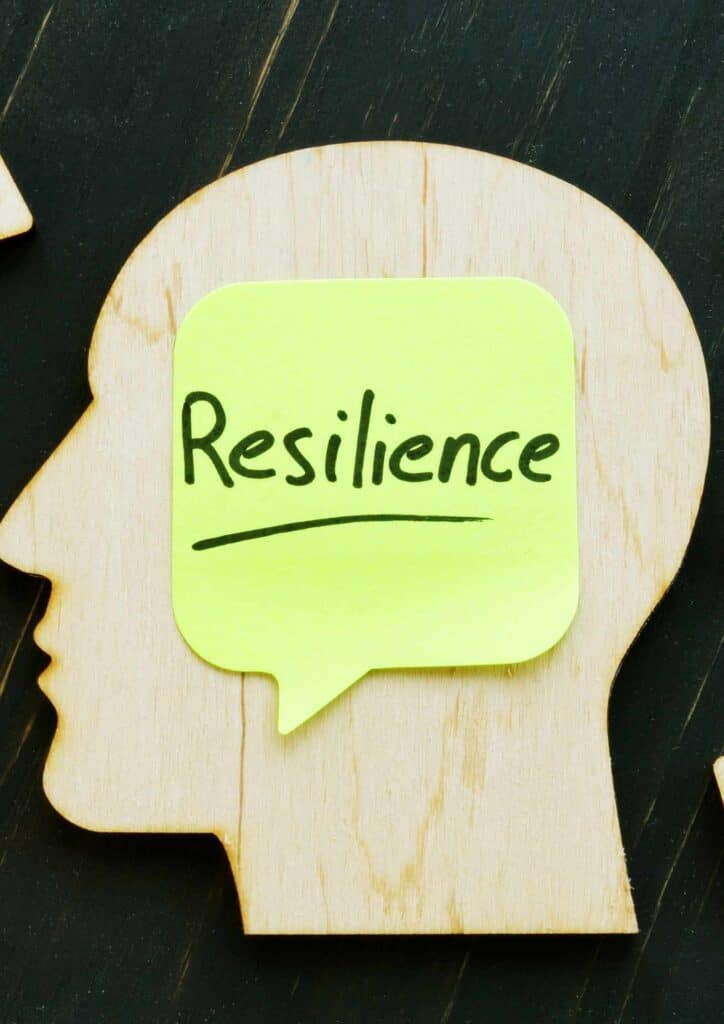
Do you believe a skills-based upbringing is essential for equipping children to thrive in today’s rapidly changing world?
I do. Here’s why…
In an ever-evolving world, the future of work is rapidly changing. Automation, artificial intelligence, and globalization are transforming industries and the skills required to thrive in them.
As a coach and mentor, I understand that a skills-based upbringing is crucial for preparing children for a dynamic future. This method equips them with essential skills, enhances their adaptability and resilience, and nurtures a lifelong passion for learning, allowing them to seize diverse opportunities in the future.
Why Skills-Based Upbringing Matters
A skills-based upbringing focuses on developing practical, adaptable skills rather than solely emphasizing traditional academic achievements. This holistic approach prepares children for the complexities of the modern workforce, where soft skills like communication, problem-solving, and emotional intelligence are as valuable as technical knowledge.

The Parent's Playbook:
How to Navigate Extracurricular Activities for Success
Sign up now and get PDF.
Key Skills For the Future Workforce
Critical Thinking and Problem-Solving
In a world where information is readily available, the ability to critically analyze and solve problems is paramount. Its impact on the future of work will be that:
- Employees with strong critical thinking skills can navigate complex situations, make informed decisions, and innovate.
- Problem-solving abilities enable individuals to tackle challenges head-on, fostering a proactive and solutions-oriented mindset.
Practical Tips for Parents:
- Encourage your children to ask questions and think deeply about issues.
- Provide puzzles, games, and activities that challenge their problem-solving abilities.
- Discuss real-world problems and brainstorm solutions together.
Emotional Intelligence (EQ)
Emotional intelligence encompasses self-awareness, empathy, and effective interpersonal skills. It is crucial for teamwork and leadership. Its impact on the future of work is that:
- High EQ enhances collaboration and communication within teams.
- Emotionally intelligent leaders can motivate and inspire others, driving organizational success.
Practical Tips for Parents:
- Guide your children to identify and express their emotions in constructive and healthy ways.
- Model empathy by showing understanding and compassion in daily interactions.
- To develop social skills, encourage and promote cooperative play and group activities.
- Fostering pleasant connections and providing gentle guidance during confrontations will help your child develop a solid emotional foundation that will help them navigate the social complexity of school.

Adaptability and Resilience
The ability to adapt to change and recover from setbacks is vital in a fast-paced, uncertain world. Its impact on the future of work is that:
- Adaptable employees can pivot quickly in response to new technologies and market demands.
- Resilient individuals maintain productivity and mental well-being despite challenges.
Practical Tips for Parents:
- Expose your children to diverse experiences and environments.
- Instruct your children in coping mechanisms to handle setbacks and disappointment.
- Encourage a growth mindset, emphasizing effort and learning over innate ability.
Digital Literacy
Proficiency with technology is essential in nearly every industry. Digital literacy goes beyond basic computer skills to include understanding digital ethics and cybersecurity. Its impact on the future of work is that:
- Digital literacy enables efficient use of tools and platforms, enhancing productivity.
- Understanding digital ethics and security is crucial for protecting data and maintaining trust.
Practical Tips for Parents:
- Introduce children to various digital tools and platforms in a supervised manner.
- Teach safe and responsible online behavior.
- Encourage exploration of coding, robotics, and other tech-related activities.

Creativity and Innovation
Creativity drives innovation, which is a key driver of economic growth and competitiveness. Its impact on the future of work is that:
- Creative thinking leads to new ideas, products, and solutions, keeping businesses competitive.
- Innovative employees can identify opportunities and drive change within organizations.
Practical Tips for Parents:
- Provide opportunities for imaginative play and artistic expression.
- Encourage curiosity and experimentation.
- Celebrate creative efforts and original thinking.
Collaboration and Teamwork
The ability to work effectively with others is essential in a globalized, interconnected world. Its impact on the future of work is that:
- Collaborative skills enhance productivity and innovation through diverse perspectives.
- Teamwork fosters a supportive and inclusive workplace culture.
Practical Tips for Parents:
- Encourage participation in team sports and group projects.
- Teach conflict resolution and negotiation skills.
- Model collaborative behavior by working together on household tasks.

Financial Literacy
Understanding financial principles is crucial for personal and professional success. Its impact on the future of work is that:
- Financially literate individuals make informed decisions, contributing to both personal and organizational financial health.
- Entrepreneurs and business leaders need strong financial skills to manage resources effectively.
Practical Tips for Parents:
- Teach basic money management skills, such as saving and budgeting.
- Discuss financial concepts in everyday contexts, like shopping or planning a trip.
- Encourage participation in financial literacy programs or activities.
Global and Cultural Awareness
In an interconnected world, understanding and appreciating diverse cultures is essential. Its impact on the future of work is that:
- Global awareness fosters inclusivity and effective communication in multicultural environments.
- Culturally aware employees can navigate international markets and partnerships.
Practical Tips for Parents:
- Expose children to different cultures through books, media, and travel.
- Encourage learning new languages and understanding global issues.
- Celebrate cultural diversity within your community and family.
What Impact Does a Skills-Based Upbringing Have on a Child’s Future Success?
A skills-based upbringing equips children with the tools they need to thrive in the future workforce. By focusing on critical thinking, emotional intelligence, adaptability, digital literacy, creativity, collaboration, financial literacy, and global awareness, we prepare them for the challenges and opportunities of tomorrow.
As parents, educators, and mentors, our role is to create an environment that nurtures these skills, fostering resilient, adaptable, and innovative individuals ready to make a positive impact on the world.
By investing in a skills-based upbringing, we enhance our children’s futures and contribute to a more dynamic, inclusive, and prosperous society. Let’s commit to empowering the next generation with the skills they need to navigate and shape the future of work.
Related Posts:
- Is Skills-Based Upbringing More Effective Than Traditional Education?
- Exploring the Future of Work: Fascinating Trends Uncovered
- 20 Best Personal Finance Books You Need to Read
- Preparing for the Future: Upskilling Young People and Employees
Embrace the power of a skills-based upbringing to shape your child’s future in the workforce. Start today by integrating practical skills and fostering resilience, adaptability, and lifelong learning. Prepare your child to thrive in the evolving world ahead.
I’m eager to read your insights on preparing your child to excel in today’s dynamic world. Share your tips in the comments below!
Thank you for being a VCC reader.

